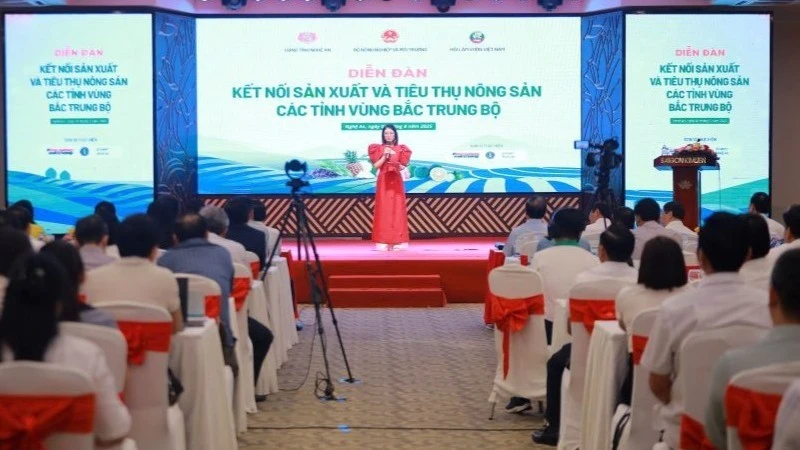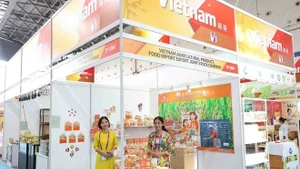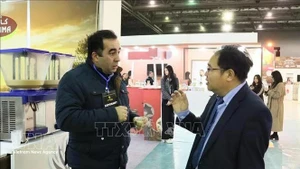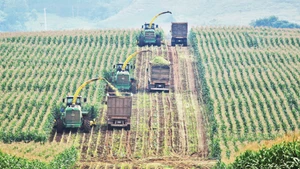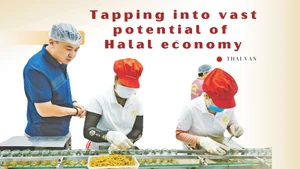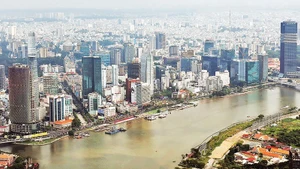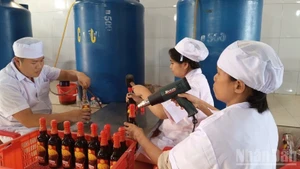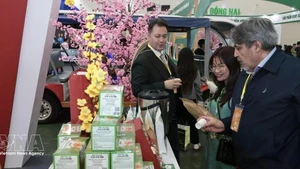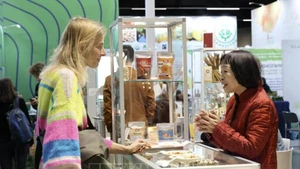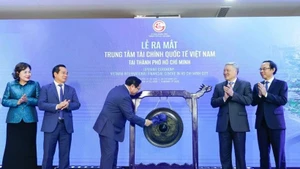The forum was organised with the aim of orienting production along the value chain, from building raw material areas to production, preliminary processing, deep processing, and linking with the consumption of several advantageous products in the North Central region, including pineapple, tea, and citrus fruits. This aims to increase the value of agricultural products, promote branded products and regional specialties, and promote the consumption of agricultural products in both domestic and export markets.
The forum also responds to and implements the campaign “Vietnamese people prioritise using Vietnamese products” launched by the Central Committee of the Viet Nam Fatherland Front.
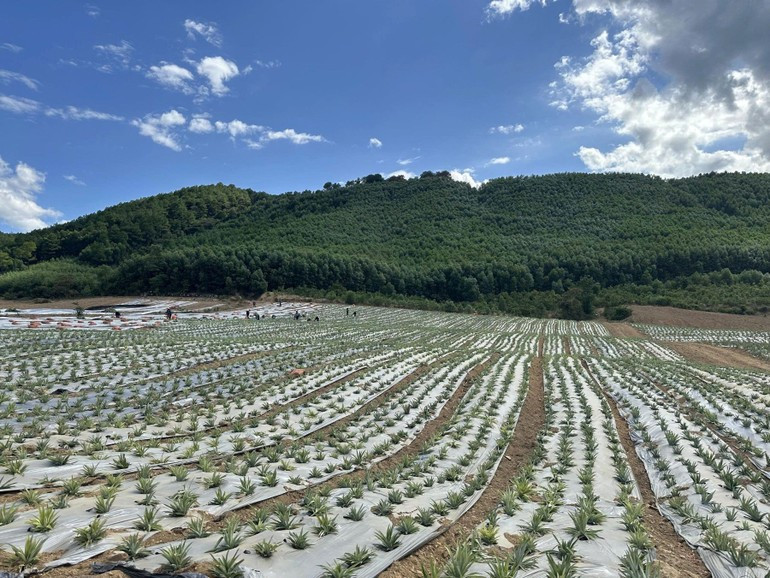
With great potential, the development of agriculture in the North Central region has always been identified as an advantage and a crucial foundation for sustainable development. In the 2020–2025 period, implementing the policies of the central government and the agricultural development strategy for the North Central region, localities in the region have proactively developed plans to advance agriculture by leveraging strengths and adapting to climate change. As a result, the value of production per unit of cultivated area in the region has continuously increased, contributing to a solid foundation for socio-economic development.
By 2024, the region had more than 6,800 hectares of concentrated pineapple cultivation in the provinces of Thanh Hoa, Nghe An, and Ha Tinh, with a harvested output of nearly 133,000 tonnes. The citrus fruit area spans approximately 11,500 hectares with an annual yield of 130,000 tonnes, concentrated in Ha Tinh, Thanh Hoa, Nghe An, Quang Tri, and Hue. The tea cultivation area has reached 10,300 hectares, with a harvest of nearly 133,000 tonnes, mainly in Nghe An, Thanh Hoa, and Ha Tinh.
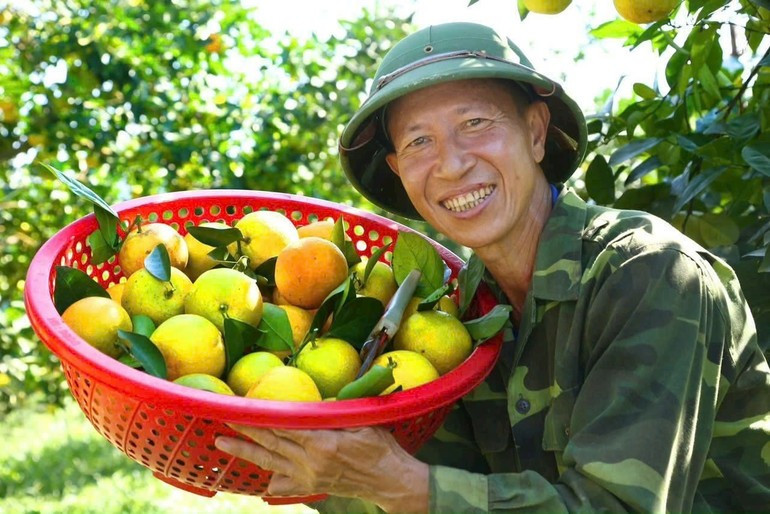
In parallel with comprehensive development in livestock, aquaculture, and forestry economy, localities in the region have shifted their mindset from a focus solely on production to an approach based on agricultural economics. They have applied scientific and technological advancements and built sustainable value chains for crop groups with high competitive advantages.
Entering a new phase and stage of development, although the region has made significant progress, there are still many bottlenecks and obstacles to be resolved in order to fully exploit the competitive advantages of its key crops.
At the forum, delegates' presentations pointed out objective challenges arising from the impact of climate change. Fluctuations in both domestic and international markets are posing significant challenges, requiring new thinking—especially regarding crop groups with high competitive potential in the region.
Additionally, the forum focused on key issues such as developing standardised raw material areas, promoting deep processing, applying digital transformation, improving the logistics system, enhancing trade promotion capacity, and expanding export markets.
The recommendations and proposals made at the forum serve as an important basis for regulatory agencies to continue researching and refining appropriate policies, while also promoting effective linkages between localities, businesses, and farmers. This will contribute to effectively harnessing the potential and strengths of the North Central region, increasing the added value and competitiveness of agricultural and forestry products, and aiming toward a green, modern, and sustainable agriculture.
